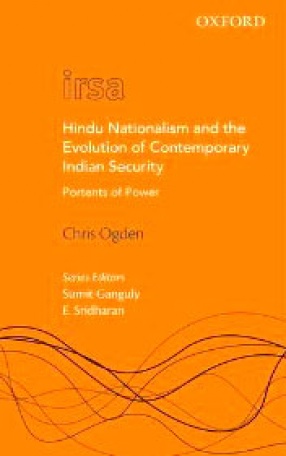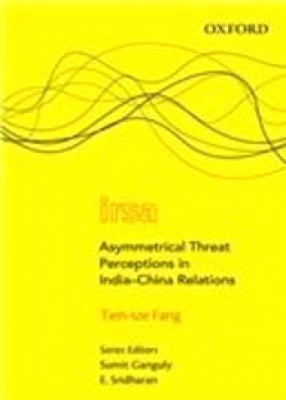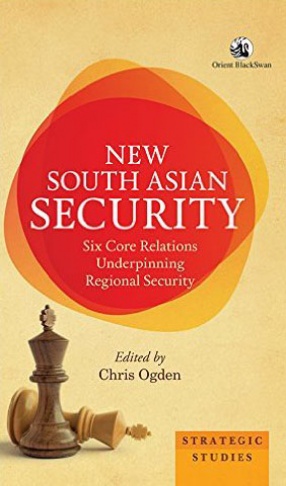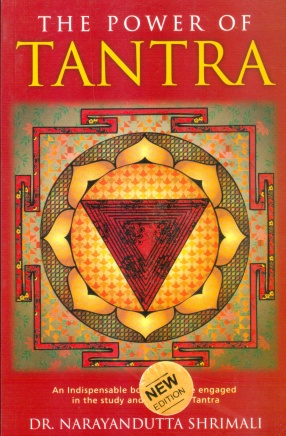Hindu Nationalism and the Evolution of Contemporary Indian Security: Portents of Power
The tenure of the National Democratic Alliance (NDA) regime (1998–2004), led by the Hindu nationalist Bharatiya Janata Party (BJP) saw India's rise in international prominence, especially in terms of nuclear transparency, a tilt towards the US, regional pragmatism, and use of realpolitik. On all these accounts, the BJP regime often significantly contrasted to those of the Indian National Congress. The practices and ideas that the BJP espoused continue to impact upon India’s security policies today.
One of the first few comparative analyses of the security policy of BJP, before, during and after its leadership of the NDA government, this volume, part of the Oxford International Relations in South Asia series, evaluates the ideological origins and practices of BJP's foreign policy, both inside and outside of government. Furthermore it highlights the multiple, composite and competing norms influencing India’s foreign policy and how these norms make it an absorptive, dynamic and elastic entity. These norms are used to analyse the viewpoints of India's political parties and her security community concerning the origins, core principles and future course of Indian foreign policy.
Get it now and save 10%
BECOME A MEMBER











Bibliographic information